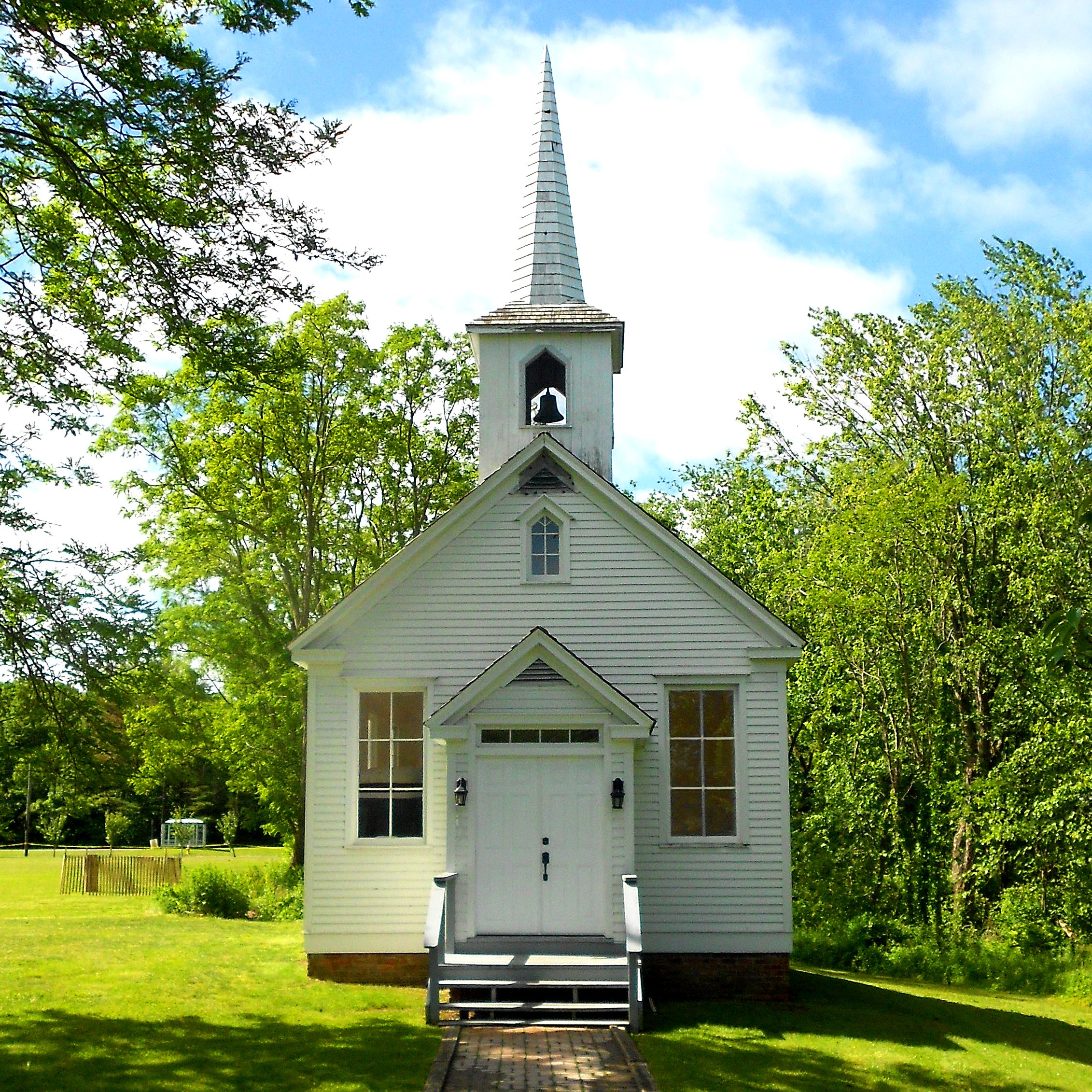But with you is forgiveness,
that you may be feared.
–Psalm 130:4 (ESV)

I’ve just returned from the annual Reformed Youth Services East Coast Retreat, held at the Mont Lawn Camp in Bushkill, PA. Every year, the general revelation of God’s breathtaking creation and the special revelation of his written Word converge during this weekend of fun, fellowship, and pointed discipleship. This year’s featured speakers were Rev. Kevin Hossink of the Hudson Valley URC in New York and Rev. Jeremy Veldman of the New Haven URC in Vermont. For his text, Rev. Hossink focused on James 4:1-10, a passage with a powerful punch. “Humble yourselves in the sight of the Lord, and he will exalt you.”
On Sunday morning, however, Rev. Veldman chose a different text for his sermon: Psalm 36. In three beautiful stanzas, this psalm sets forth the key difference between the righteous and the wicked: One fears God, the other doesn’t. The fear of the Lord, Rev. Veldman pointed out, leads to eternal life. Fearing nothing can only end in damnation.
With this convicting sermon fresh in my memory, I studied the words of Psalm 130 with awe. Nowhere else in the book of Psalms, one might argue, is the crisis of mankind set forth more simply.
Out of the depths I cry to you, O LORD!
O Lord, hear my voice!
Let your ears be attentive
to the voice of my pleas for mercy!
–Psalm 130:1,2
While many psalms describe “depths” of misery caused by persecution and affliction, Psalm 130 focuses on the dire straits of the soul overwhelmed by sin. One thinks of the terrible death-knell echoing in the words of Heidelberg Catechism Lord’s Day 4, Question & Answer 10:
Will God permit such disobedience and rebellion to go unpunished?
Certainly not. He is terribly angry about the sin we are born with, as well as the sins we personally commit. As a just judge he punishes them now and in eternity.
In horror at this prospect, the psalmist cries, “If you, O LORD, should mark iniquities, O Lord, who could stand?” (v. 3). “God’s justice demands it,” declares the Catechism in Question & Answer 16. “Man has sinned, man must pay for his sin, but a sinner cannot pay for others.”
Then, in Psalm 130, there is a crucial word: “But.”
But with you is forgiveness,
that you may be feared.
–Psalm 130:4
“But with you is forgiveness!” Here the entire gospel message is poignantly conveyed in five simple words. God provided the human race with a mediator, says the Catechism—“our Lord Jesus Christ, who was given us to set us completely free and to make us right with God” (Q&A 18). The only One who could stand under the burden of our sins was God’s only begotten Son, who took upon himself human flesh to redeem us.
The psalmist of the Old Testament saw merely the shadows of this redemption, and in longing he writes,
I wait for the LORD, my soul waits,
and in his word I hope;
my soul waits for the Lord
more than watchmen for the morning,
more than watchmen for the morning.
–Psalm 130:5,6
Standing on the frosty dock at 5:45 am during the Regional Retreat (see the picture below), I could grasp this imagery of expectation as never before. Despite his historical setting before the coming of the Messiah, however, the psalmist portrays for us a perfect example of true faith, “a knowledge and conviction that everything God reveals in his Word is true” (Q&A 21).
O Israel, hope in the LORD!
For with the LORD there is steadfast love,
and with him is plentiful redemption.
–Psalm 130:7
[True faith] is also a deep-rooted assurance, created in me by the Holy Spirit through the gospel that, out of sheer grace earned for us by Christ, not only others, but I too, have had my sins forgiven, have been made forever right with God, and have been granted salvation.
–Catechism Q&A 21
Psalm 130 ends with a clarion note of confidence:
And he will redeem Israel
from all his iniquities.
–Psalm 130:8
The crux of the matter is this: The deliverance God has wrought should instill in our hearts a saving godly fear. This fear inspires us to declare “that I am not my own, but belong—body and soul, in life and in death—to my faithful Savior Jesus Christ” (Q&A 1). This fear compels us to believe “everything God promises us in the gospel” (Q&A 22). And this fear motivates us “to confess his name, to present myself to him as a living sacrifice of thanks, [and] to strive with a good conscience against sin and the devil in this life” (Q&A 32).
Psalm 130 is the story of salvation in a nutshell. Listen for its echoes in this last rich passage from the Catechism (Q&A 60):
How are you right with God?
Only by true faith in Jesus Christ. Even though my conscience accuses me of having grievously sinned against all God’s commandments and of never having kept any of them, and even though I am still inclined toward all evil, nevertheless, without my deserving it at all, out of sheer grace, God grants and credits to me the perfect satisfaction, righteousness, and holiness of Christ, as if I had never sinned nor been a sinner, as if I had been as perfectly obedient as Christ was obedient for me. All I need to do is to accept this gift of God with a believing heart.
“Humble yourselves in the sight of the Lord, and he will exalt you.”
–MRK


Share Your Thoughts